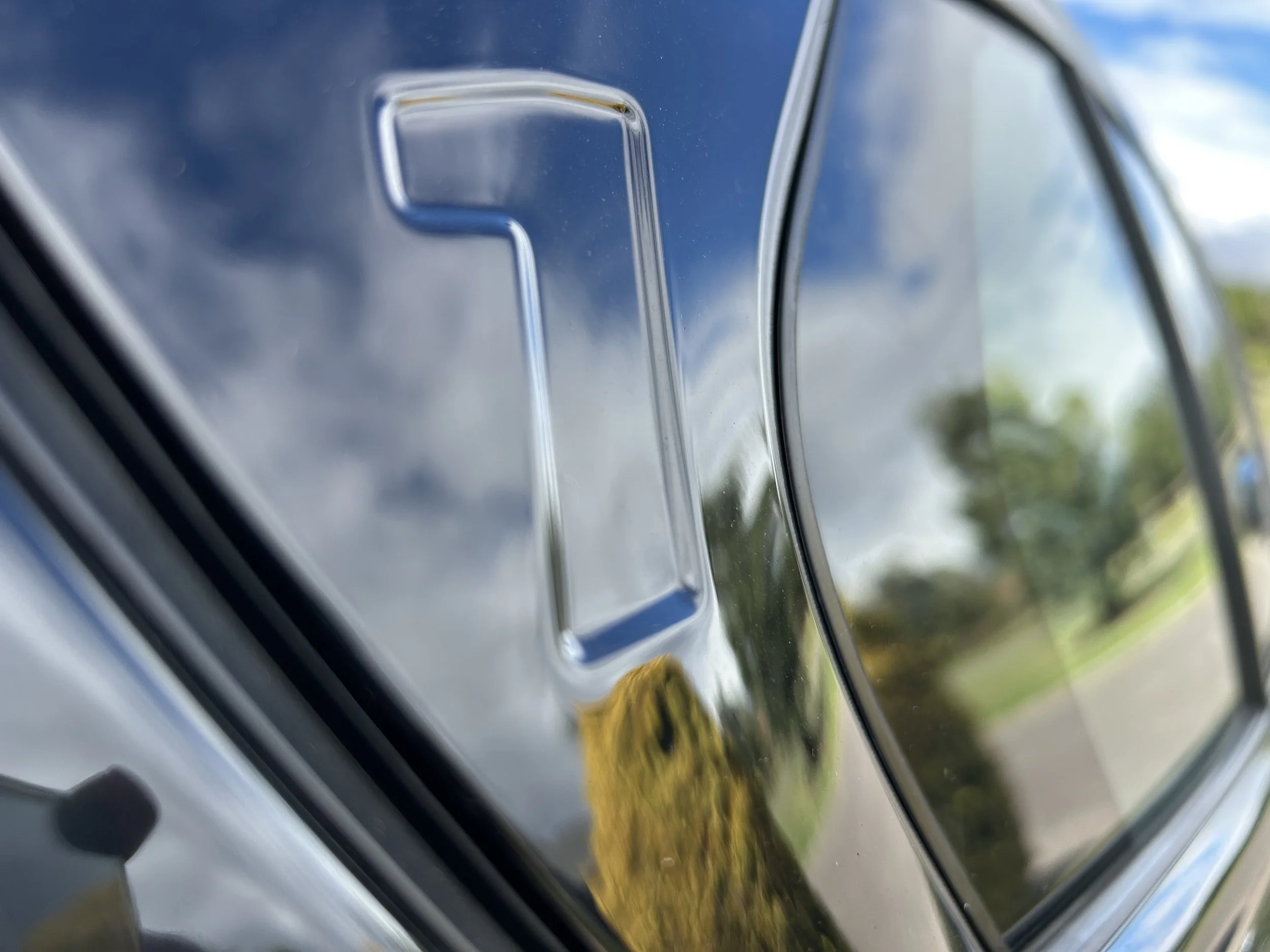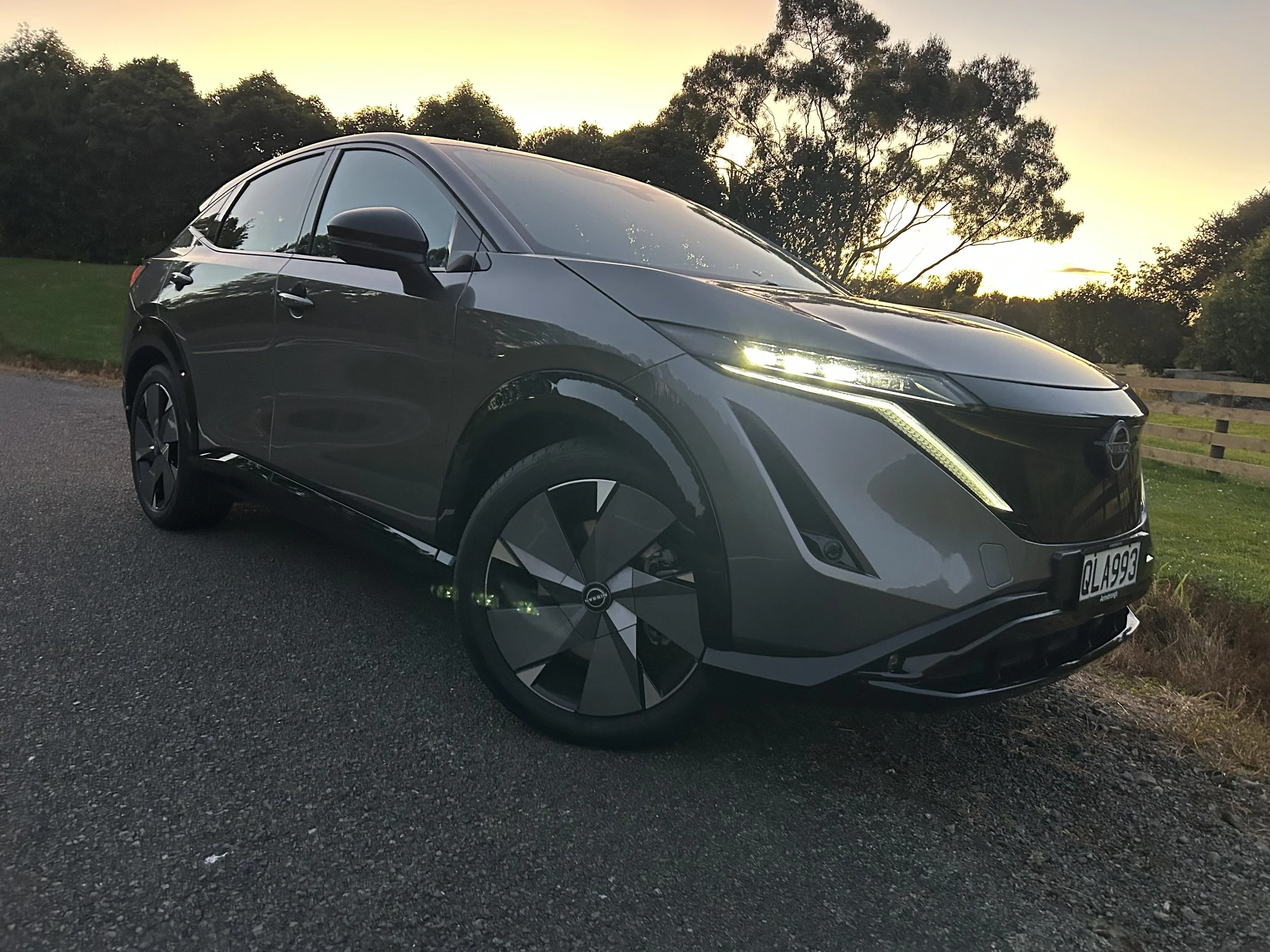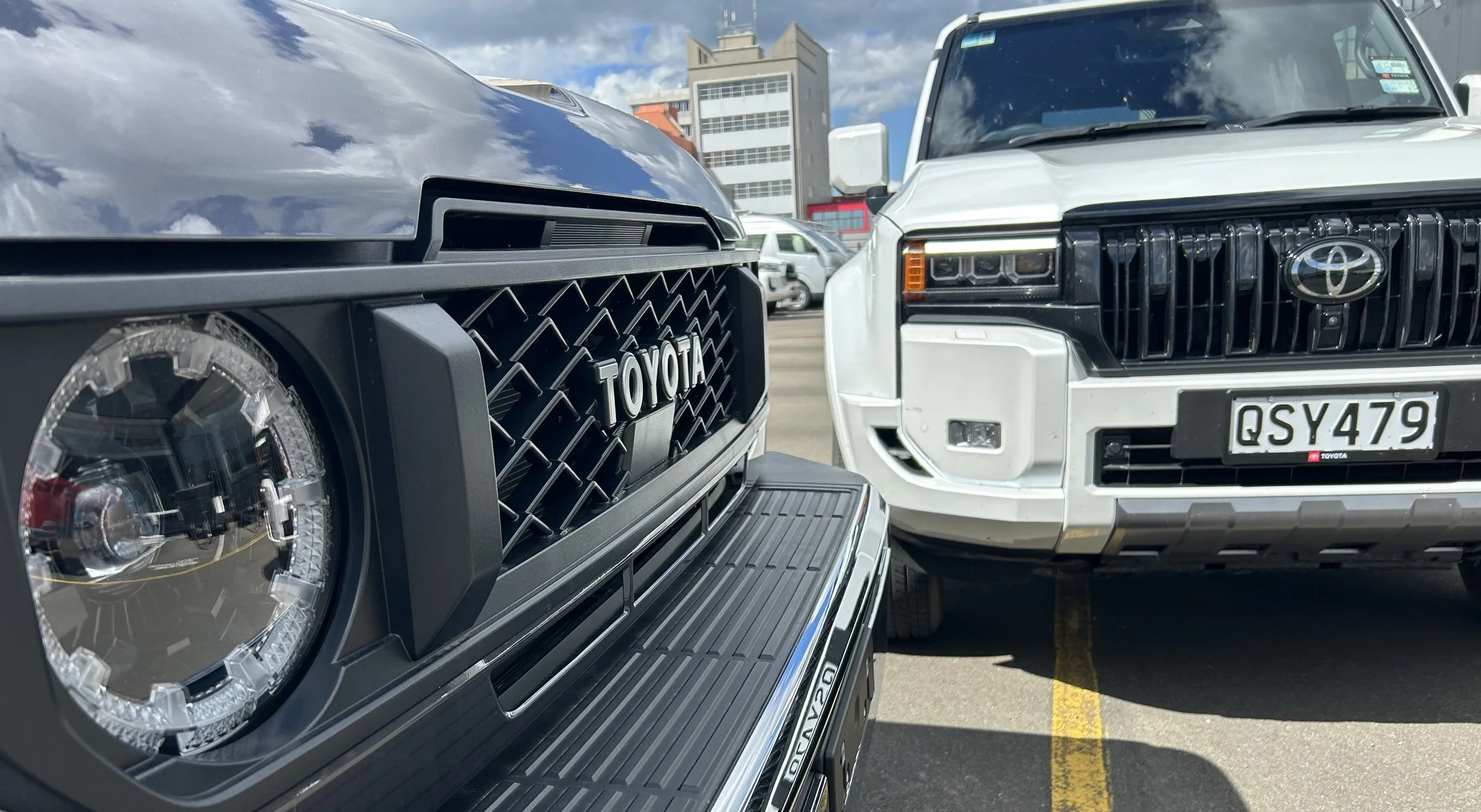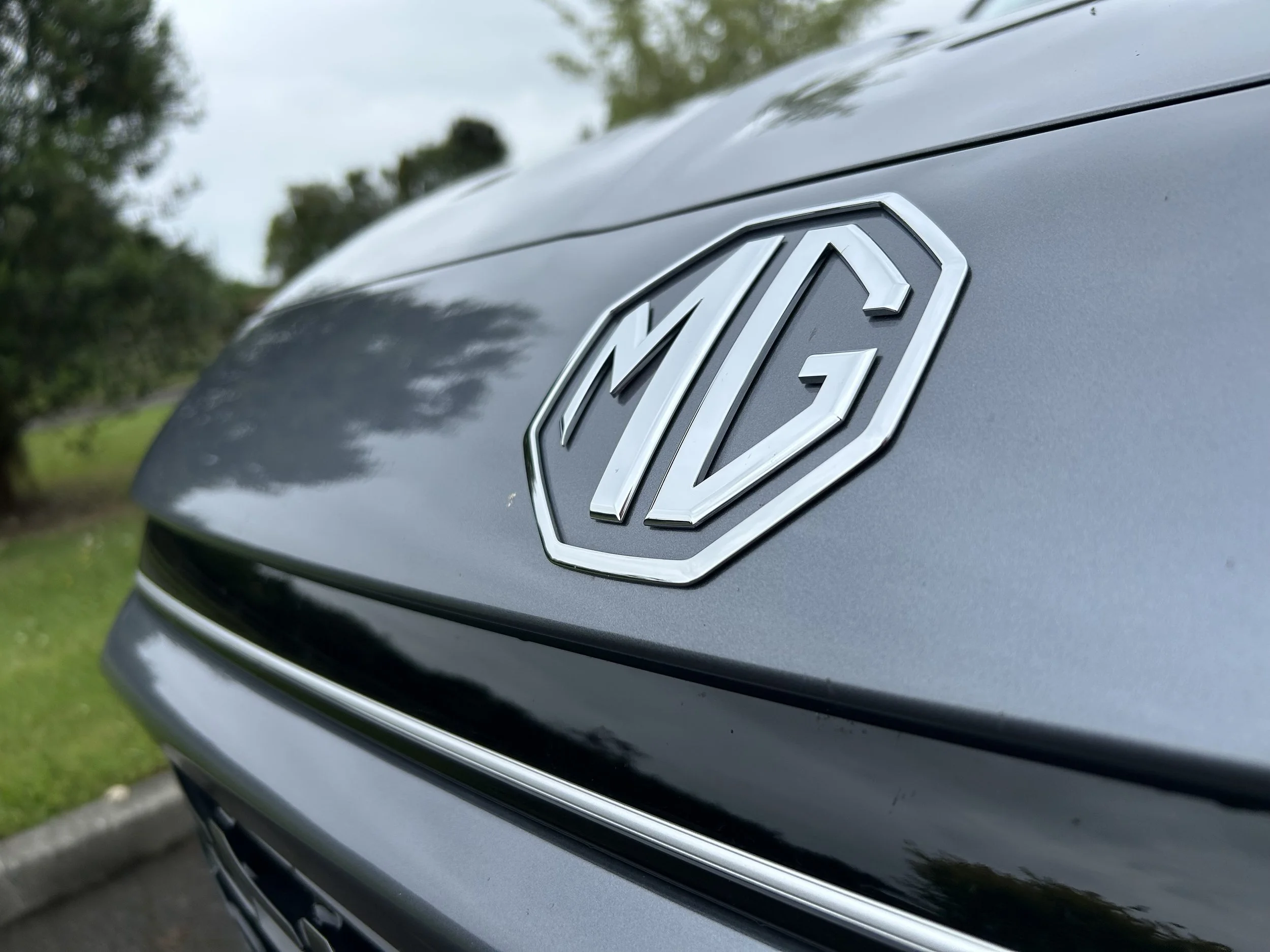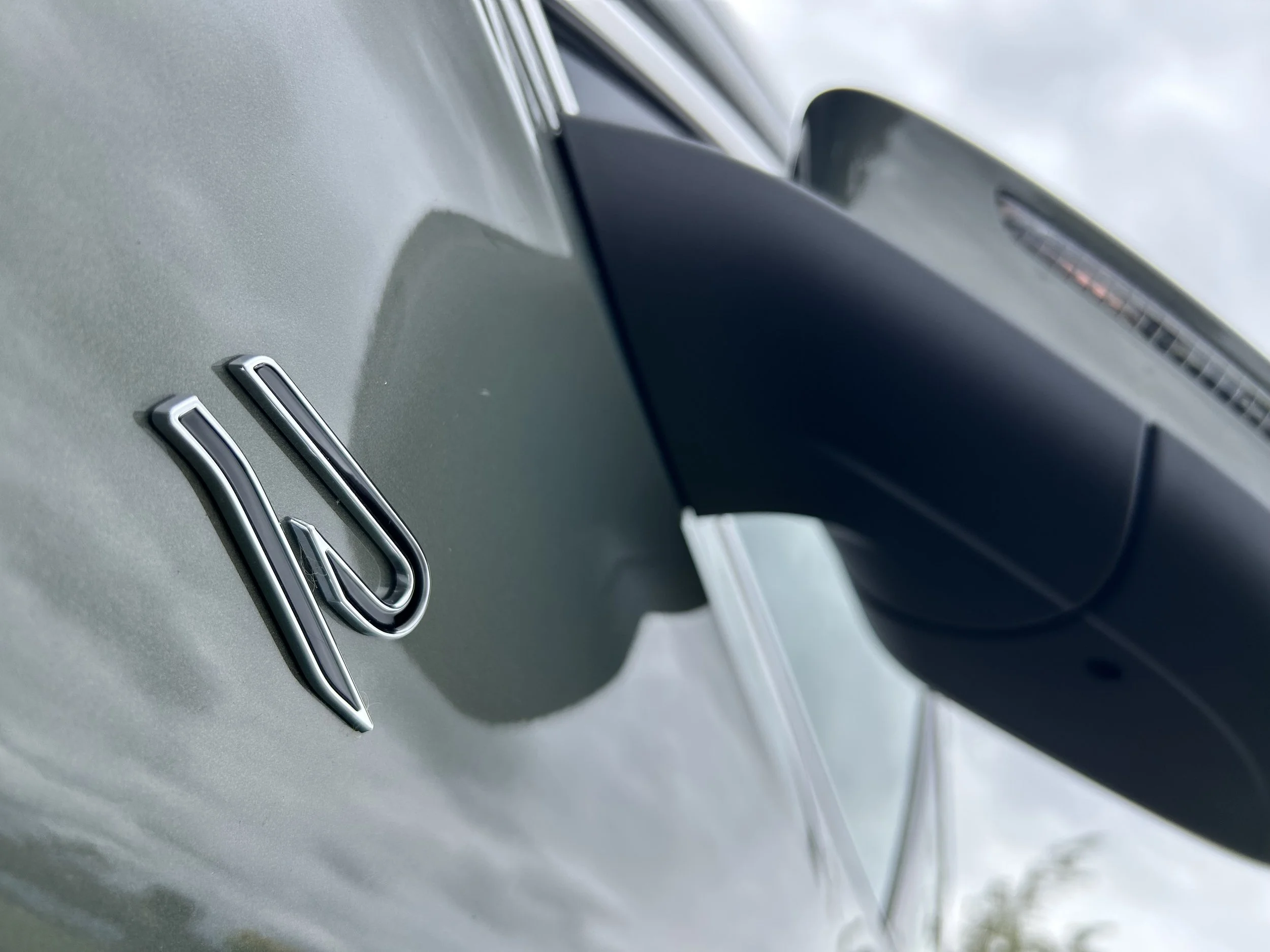NZ-market Mitsubishis unaffected by scandal
/Kiwis appear to be immune from Mitsubishi’s emissions cheating scandal, however there’s distributor concern about impact on brand image.
THE Mitsubishi vehicle that has kicked off the latest emissions-rigging scandal is a microcar that has never been sold new here and probably doesn’t represent as a used import.
Nonetheless, the storm created by an overnight admission from the brand’s head office that it falsified fuel economy data for the eK, a 660cc three-cylinder Kei class model also known as the Minica, has already caused Mitsubishi Motors New Zealand to batten down the hatches.
It fears the issue will inevitably tarnish Mitsubishi’s reputation here.
Said MMNZ MMNZ head of sales and marketing strategy Daniel Cook: “By the look of it at this stage there are no vehicles in New Zealand that are involved but we expect some consumers will be disappointed that our company has been involved in something like that.”
Any local furore about might also yet touch Nissan New Zealand, because the eK – a name that, somewhat ironically given this problem, translates as ‘excellent minicar’ – is also built under license for its parent in Japan, where it is badged the Dayz.
The four specific models under the spotlight are the Mitsubishi eK Wagon and ek Space and the Nissan Dayz and Dayz Roox. About one million cars are cited.
Within hours of it being known that Mitsubishi Japan had falsified fuel economy test data, the scandal had wiped $US1.2 billion off the market value of Japan’s sixth-largest car maker.
The issue appears entirely contained in Japan; it’s a domestic model that has breached a domestic law that has no significance outside of that country. Also, of course, NZ does not have such emissions laws itself.
‘we’ve never sold those minicars in New Zealand and I doubt very much there would be any (used) imports … it is smaller than the (next size-up, but also sub-one litre) iCar which struggled here,” Cook said.
“It’s possible but I doubt there would be any here and if they were it would be in very, very small numbers.”
Nonetheless, he fears the issue could well stain the brand’s local character. “Obviously it is disappointing that we are involved in something like that, no doubt about it.”
Tetsuro Aikawa, president of Japan's sixth-largest automaker by market value, bowed in apology at a news conference in Tokyo for what is the biggest scandal at Mitsubishi since a defect cover-up over a decade ago.
The problem was reportedly found after Nissan pointed out inconsistencies in data, the company said.
Mitsubishi then conducted an internal probe and found that tire pressure data was falsified to make mileage appear better than it actually was.
"The wrongdoing was intentional. It is clear the falsification was done to make the mileage look better. But why they would resort to fraud to do this is still unclear," Aikawa said.
He said that although he was unaware the irregularities were happening, "I feel responsible".
Shares in the company closed down more than 15pc at 733 yen, the stock's biggest one-day drop in almost 12 years.
In 2000, Mitsubishi revealed that it covered up safety records and customer complaints. Four years later it admitted to broader problems going back decades. It was Japan's worst automotive recall scandal at the time.
The company said overnight that 625,000 mini-car models produced since mid-2013 were affected. These include 157,000 built for Mitsubishi and 468,000 manufactured for Nissan.
Mitsubishi said it would stop making and selling those cars, and has set up an independent panel to investigate the issue.
The testing method is also understood to have been used on other Mitsubishi cars manufactured for the Japanese market.
The company is also checking whether the cheating affected overseas models and said it was unable to estimate the impact of the manipulation on its business at this point.
Cook says no information has emerged to indicate any Mitsubishi models represented here by MMNZ, either presently or previously, are implicated.
Mitsubishi is the first Japanese car maker to report misconduct involving fuel economy tests since Volkswagen was discovered last year to have cheated diesel emissions tests in the United States and elsewhere.
South Korean car makers Hyundai Motor Co and affiliate Kia Motors Corp in 2014 agreed to pay $US350m in penalties to the US government for overstating their vehicles' fuel economy ratings. They also resolved claims from car owners.











